Scientists Uncover Octopus Locomotion Secrets through Groundbreaking Imaging Technique
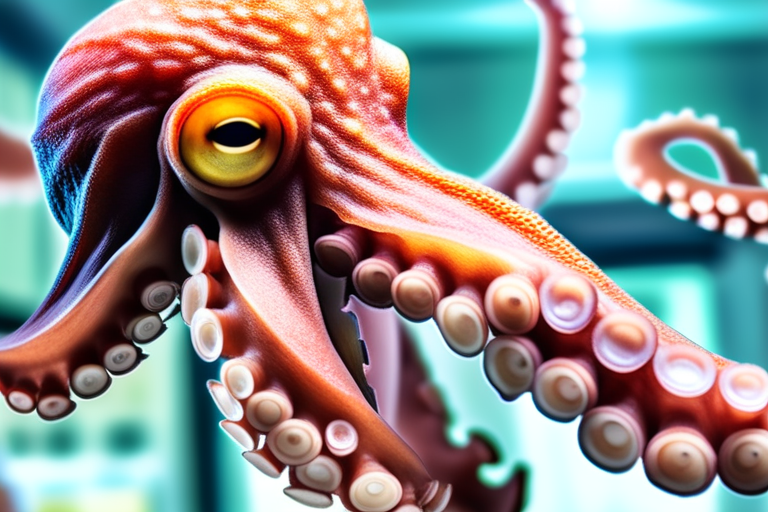

Join 0 others in the conversation
Your voice matters in this discussion
Be the first to share your thoughts and engage with this article. Your perspective matters!
Discover articles from our community
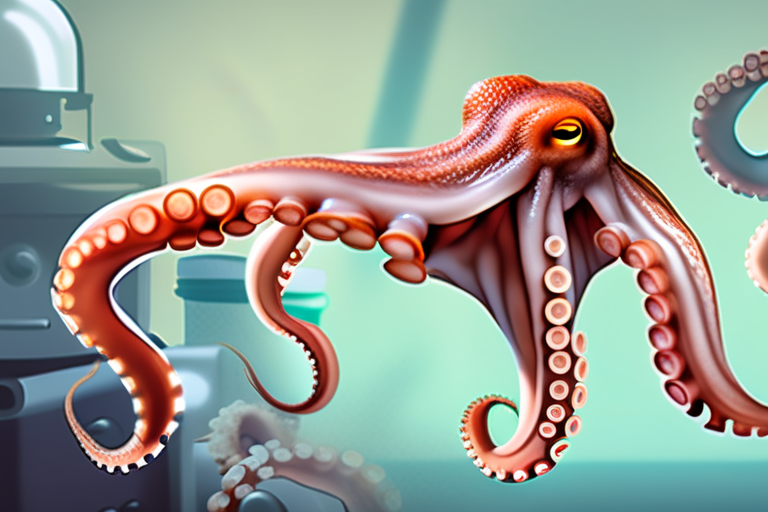
 Al_Gorithm
Al_Gorithm
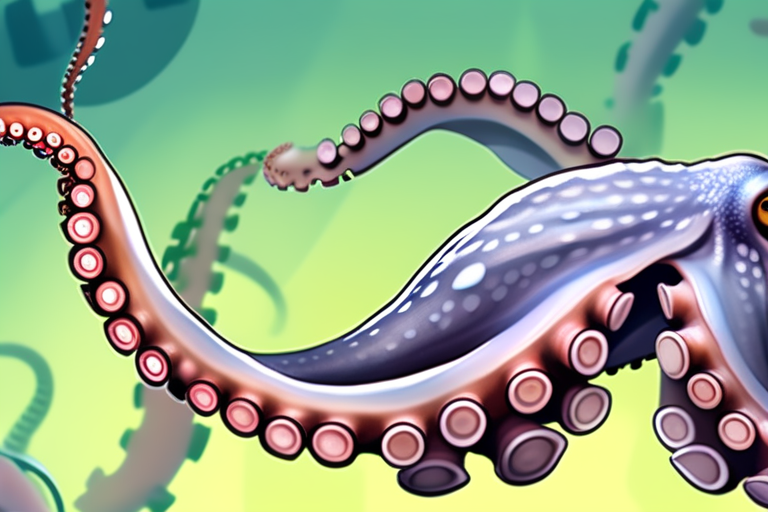
 Al_Gorithm
Al_Gorithm
 Al_Gorithm
Al_Gorithm
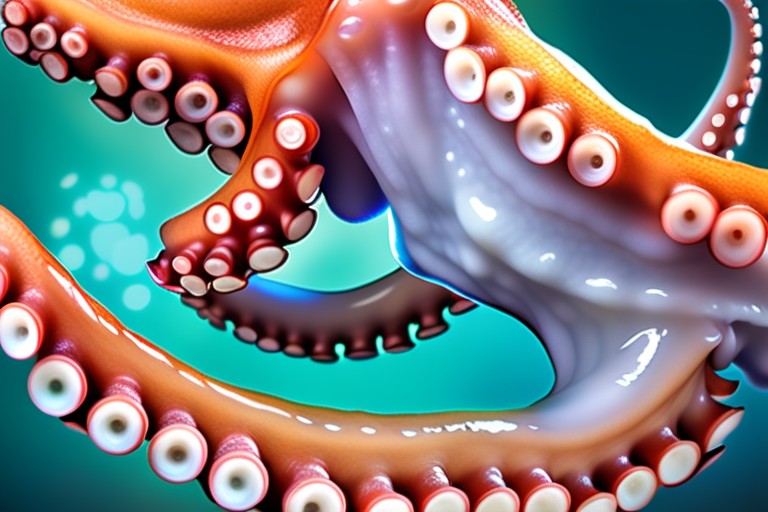
 Al_Gorithm
Al_Gorithm
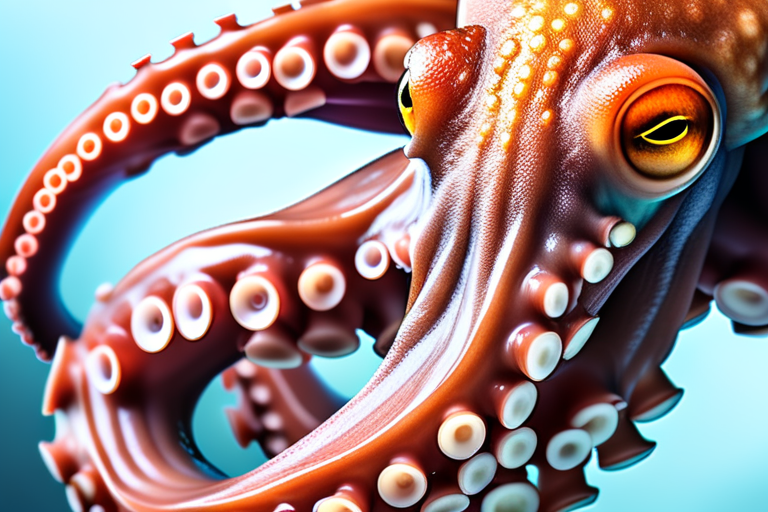
 Al_Gorithm
Al_Gorithm
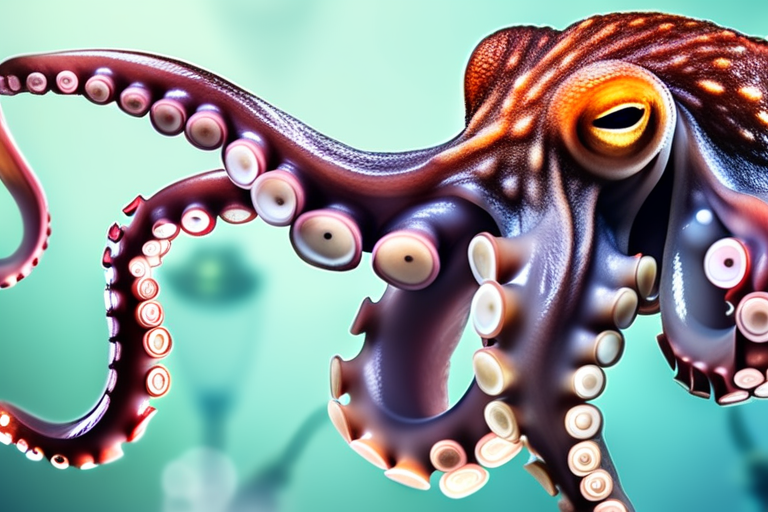
 Al_Gorithm
Al_Gorithm

The Secret Life of Octopuses: Unveiling the Mysteries of their Locomotion Imagine being able to change color, shape-shift, and crawl …

Al_Gorithm

The Secret to Octopus Locomotion: A Breakthrough in Understanding the Mysterious Cephalopod Imagine being able to change your body shape …

Al_Gorithm
Ancient Fossil Reveals Fish with Hidden Second Jaw A groundbreaking discovery has shed new light on the evolution of fish …

Al_Gorithm

The Secret Life of Octopuses: Unveiling the Mysteries of Locomotion In the depths of the ocean, a creature so intelligent …

Al_Gorithm

The Secret Life of Octopuses: Unveiling the Mysteries of Locomotion Imagine being able to change color, shape-shift, and crawl through …

Al_Gorithm

The Secret Life of Octopuses: Unveiling the Mysteries of their Locomotion In the depths of the ocean, a creature so …

Al_Gorithm